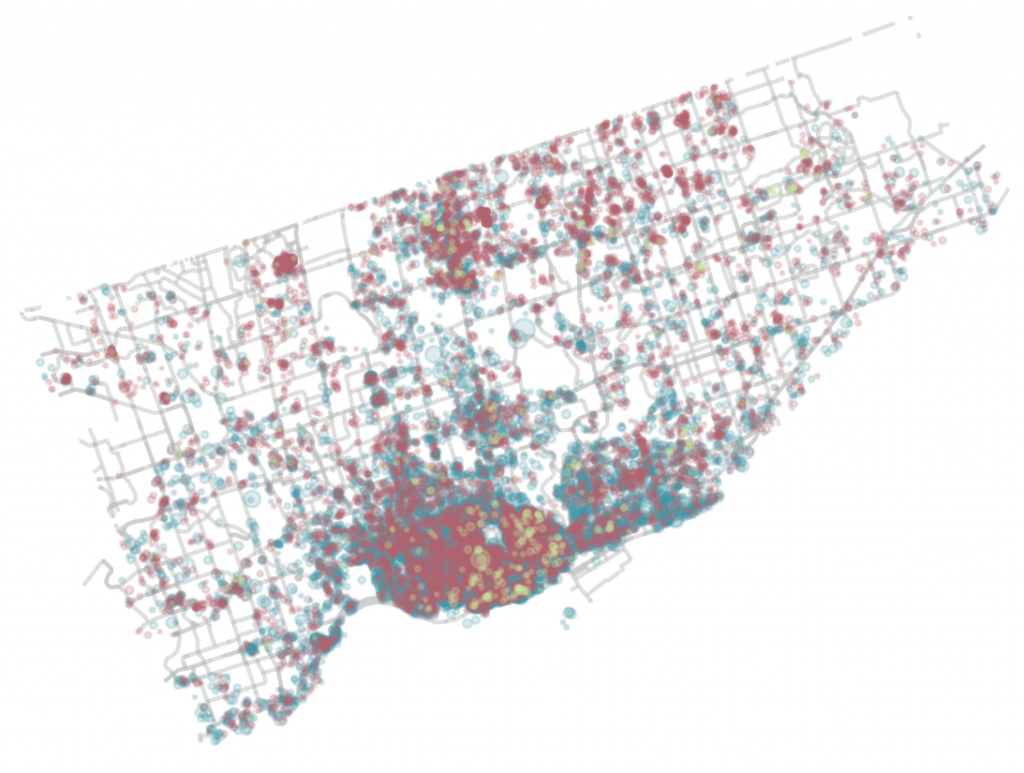Please join us for this timely talk and conversation at the Faculty of Information at the Bissell building in room BL528 on September 12 at 4pm!
Abstract:
How does data structure the political economy of Airbnb, Uber, and other leading “platform economy” firms? In this presentation, I answer this question through a spatial-big-data examination of short-term rentals, relying on a complete dataset of all worldwide short-term rental activity on Airbnb and HomeAway since 2015. Platforms rely, of course, on having data, but equally crucially rely on others not having data. I discuss this two-sided nature of data availability, first of all by arguing that data should be understood as a key source of platform rents, and second by arguing that data is the key to effective platform regulation. I then provide two case studies from my ongoing research on short-term rentals to illustrate the tensions of data availability. The first is an investigation using spatial analysis of “ghost hostels” on Airbnb: apartments which have been entirely converted into clusters of private-room rentals but masquerade as a series of spare bedrooms. The second is a reconsideration of the efficacy of existing short-term rental regulations. I conclude by arguing that an increasingly central asset of platforms is control over who gets to know what they are doing, and thus that data is not just the currency of platform urbanism, but rather a medium of struggle.
Prof. David Wachsmuth is the Canada Research Chair in Urban Governance at McGill University, where he is also an Assistant Professor in the School of Urban Planning and an Associate Member in the Department of Geography. He directs UPGo, the Urban Politics and Governance research group at McGill, where he leads a team of researchers investigating pressing urban governance problems related to economic development, environmental sustainability, and housing markets. He is the co-lead of the Adapting Urban Environments for the Future theme of the McGill Sustainability Systems Initiative, where he is part of a broad interdisciplinary team developing new ways of conceptualizing, measuring, and improving urban sustainability.
A major focus of his work has been explaining a transition in policy and planning from identifying the city as a global sustainability problem to identifying the city as a solution to global sustainability problems. He is one of the world’s leading experts on the impacts of short-term rental platforms such as Airbnb on cities around the world, and consults widely with municipalities and community organizations on designing appropriate regulations. Dr. Wachsmuth has published widely in top journals in urban studies, planning and geography, and his work has been covered extensively in the national and international media, including the New York Times, the Wall Street Journal, the Associated Press, and the Washington Post. He is the Early Career Editor of the journal Territory, Politics, Governance and serves on the editorial boards of the journals Urban Geography and Urban Planning.
For additional context, here is a current piece by the Toronto Star about Prof. Wachsmuth’s studies of Airbnb.

Where did the data for this visual of airbnbs in Toronto come from?

